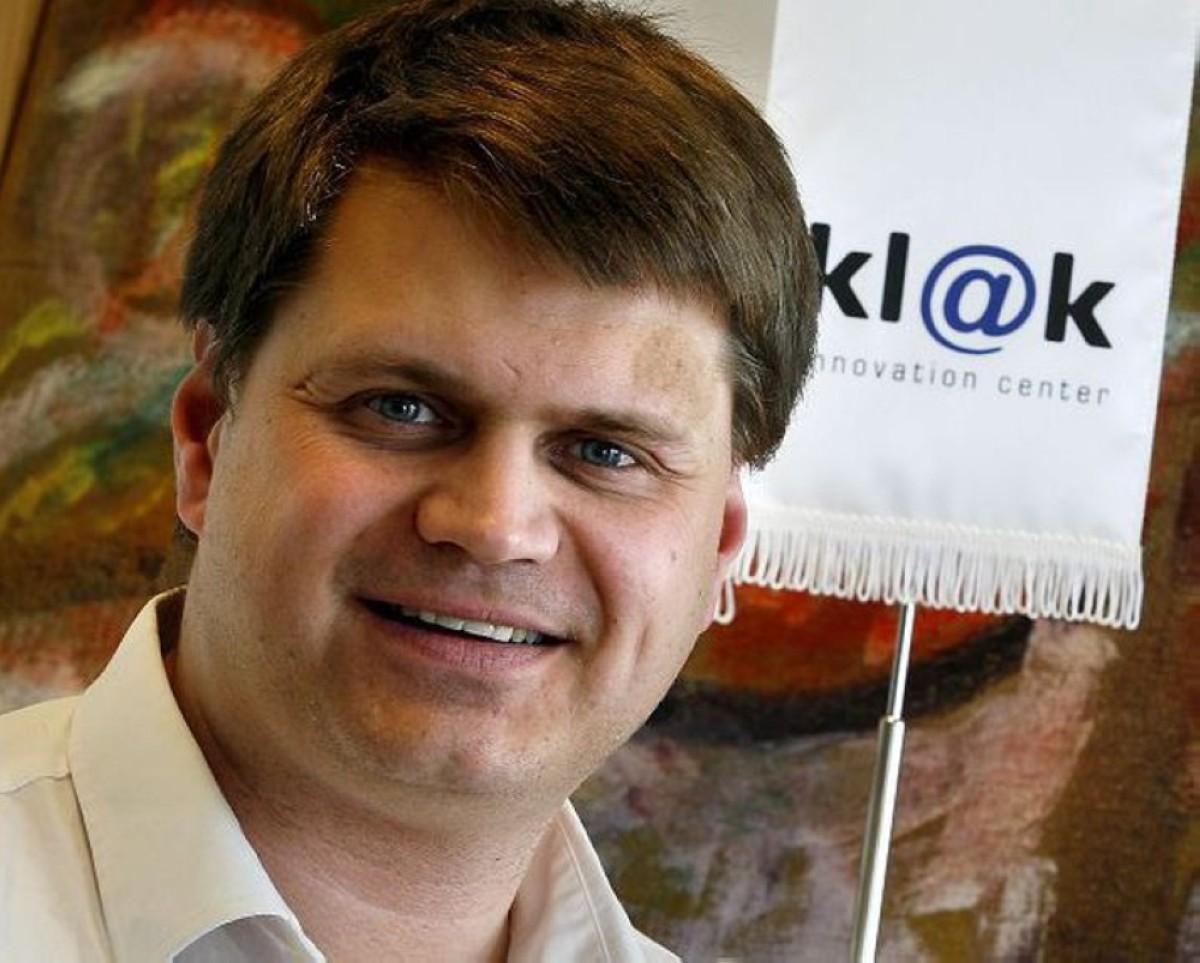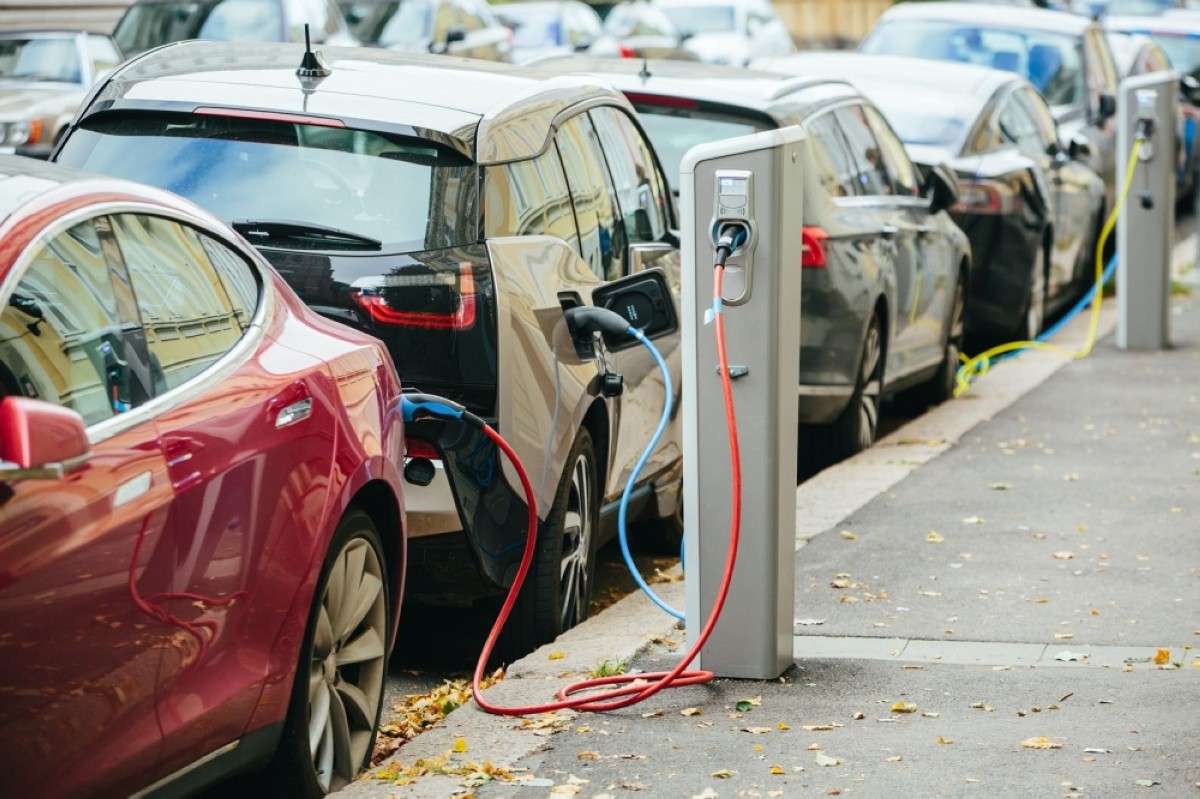KUWAIT: Kuwait currently holds the lowest global ranking in electric vehicle (EV) adoption, with less than one percent of passenger cars being EVs, as observed by Andri Ottesen, Assistant Professor at the Australian University of Kuwait. There are only 450 registered EVs in Kuwait, he said. This low rate is primarily attributed to the absence of public fast-charging stations, high electric car prices, and several other factors, as emphasized by Ottesen during his interview with Kuwait Times.
Challenges hurdling
Ottesen expanded upon the challenges outlined in his research paper titled ‘Attitudes of Drivers towards Electric Vehicles in Kuwait’, co-authored by Basil Alzougool, Associate Professor at the Arab Open University of Kuwait (AOU) and Sumayya Banna, Assistant Professor at AOU. He emphasized a major obstacle for individuals aspiring to own electric vehicles in Kuwait: The shortage of public fast-charging stations capable of efficiently charging EVs in under 20 minutes.
He noted Kuwait currently has only 40 stations, all of which operate slowly, taking nearly four hours to fully charge a car. He attributed this slow rate to the extreme heat conditions in Kuwait, which hinder the stations’ ability to function at full capacity. "We are currently exploring solutions to cool them down for optimal performance,” Ottesen stated, referring to collaborative efforts with the ministry of electricity and water to address this issue.


Another significant challenge is the high price of EVs, which are approximately 30 percent more expensive than gasoline cars due to the additional cost of their batteries. Ottesen highlighted that even those willing to invest in EVs remain hesitant due to uncertainty regarding battery durability, particularly in Kuwait’s harsh climate.
Furthermore, Ottesen pinpointed another factor hindering the widespread adoption of EVs in Kuwait: Restrictions imposed by landlords on tenants, who predominantly comprise expatriates, the majority of the population. These restrictions prevent them from installing home amplifier boxes essential for cutting charging time from around 30 hours to six hours. Consequently, EV ownership is mostly restricted to Kuwaiti citizens who own their homes.
Suggestions for potential solutions
To address these challenges, Ottesen, along with the authors, proposed several solutions. Firstly, they recommended that the government provide financial incentives for purchasing EVs, such as eliminating import taxes and exempting EVs from value added tax when introduced in Kuwait, as well as providing at least one EV fast-charging station at every petrol station by 2024, funded by the government. Additionally, car dealers should offer a 12-year warranty on battery life. Regarding landlords, they should be prohibited from banning the installation of home wall boxes, with Ottesen likening it to the ease of installing a washing machine.
Ottesen pointed out the unique features of electric cars, which exhibit a remarkable positive impact on the environment by producing zero emissions of CO2 and harmful gases, requiring minimal maintenance due to having fewer moving parts compared to gasoline cars, offering incredible high speed, and providing a quiet operating engine.
Therefore, these features made the authors conclude that overcoming the underlying obstacles could indeed revolutionize EV sales, with solid proof of up to 50 percent of surveyed drivers expressing interest in switching to EVs. This transition could significantly reduce Kuwait’s carbon footprint, potentially altering its global ranking in per capita CO2 emissions, as demonstrated by the results of the paper.

